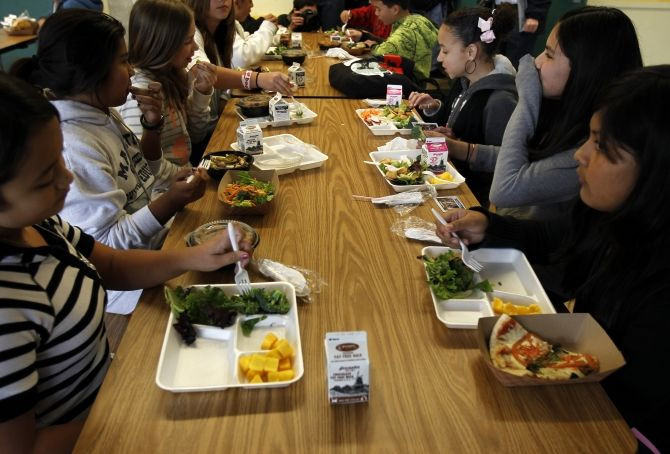Study Finds Link Between Friendships and Obesity

Researchers from Loyola University Chicago, Northwestern University, Drexel University, and Canada’s McGill University have found a link between obesity and people’s social circles.
With many contemporary studies having concluded that obesity is “contagious,” researchers sought to answer one question which is why? Do people tend to be attracted to people with like body shapes? Or is there something else at play?
The researchers studied two high schools. One school, called “Jefferson High,” was in a rural area with a population of mostly white students. The other school, “Sunshine High,” was in an urban area and had a more ethnically diverse population. Both schools were participants in the National Longitudinal Study for Adolescent Health.
Researchers unaffiliated with the current study had asked students about their weight, friendships, sports activities, and time spent in front of screens, like the television, computer, and gaming systems.
The team found that people do in fact tend to congregate with people who were of a similar body mass index (BMI) as they were. But even when researchers controlled for friend-selection, they found a significant correlation between the size of their friends, and their own weight gain or loss. If a student who was borderline overweight had leaner friends, there was a 40 percent chance that the student’s BMI would drop, and a 27 percent chance that the BMI would increase. Conversely, if a borderline student’s friends were heavier than they were, there was a 15 percent chance that the BMI would decrease and a 56 percent chance that it would increase.
There were several limitations to the study. Most importantly, the survey respondents had answered their questions 10 years prior to the current study – before the rising usage of social networking sites like Facebook, and before obesity numbers had risen to present-day levels. Nonetheless, researchers believe that their study solidifies the fact that obesity campaigns need to strive to prevent weight gain as opposed to enacting weight loss. They also are certain that the impact of social clusters cannot be ignored.
A body mass index of 25 is classified as overweight; a BMI of 30 is classified as obese. 18.1 percent of adolescents are considered obese.
The results of the study were published in PLoS One.



























